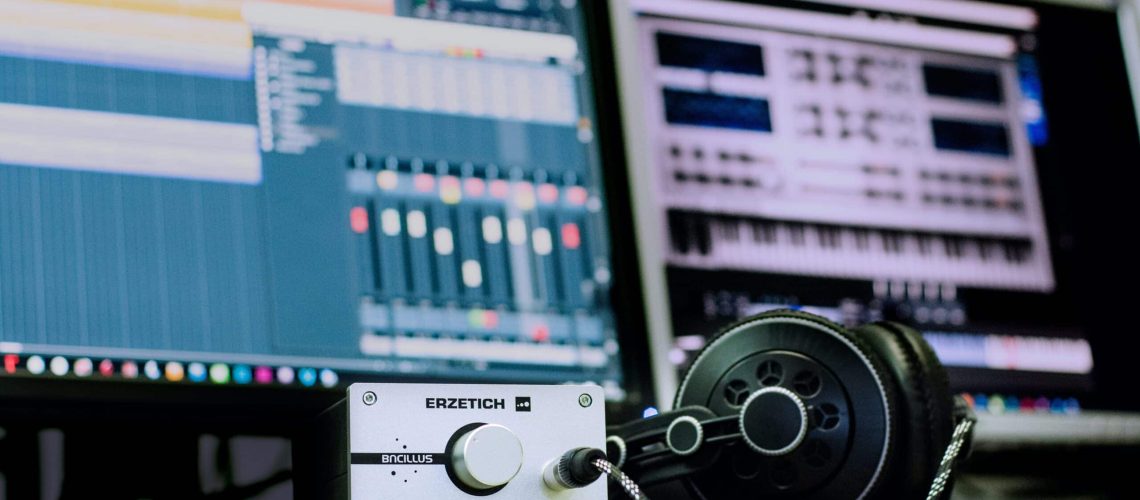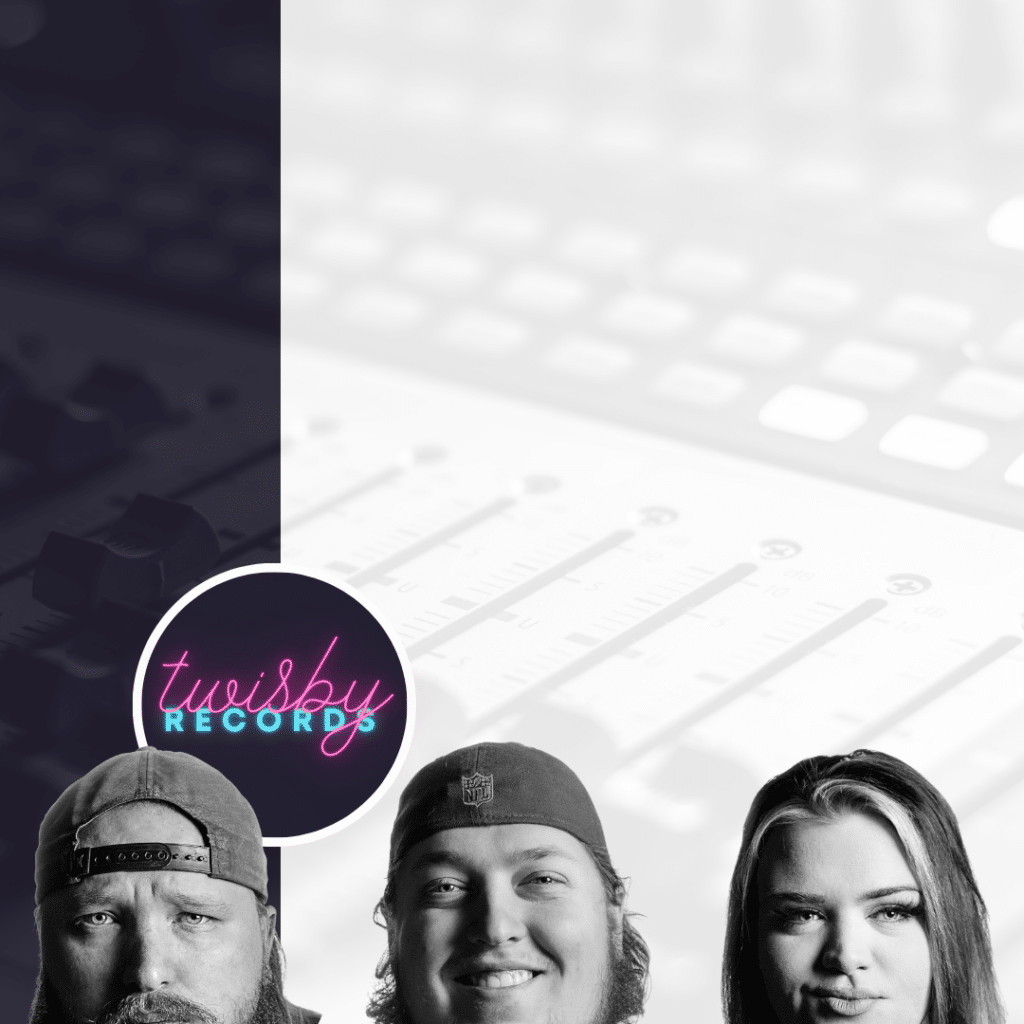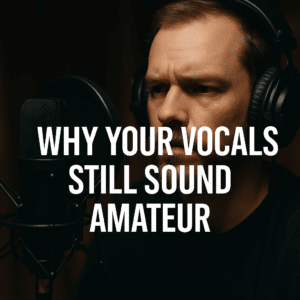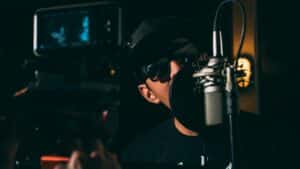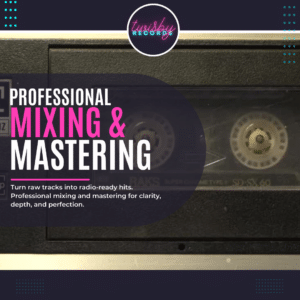Hello again my friends!
As I sit down to write this article, the smooth, resonating hum of my studio speakers is a comforting reminder of the countless hours I’ve spent honing my skills in the art of mixing music. I am often asked how I’ve managed to develop my abilities, and whether it’s something anyone can learn. To answer that, I want to share my journey into the world of mixing music.
Is mixing a skill? The truth is, it is most indeed a skill! It requires technical knowledge of blending sounds together coupled with natural abilities to serve the creative and artistic intent of a song. Much like architecture, cooking, carpentry etc. Mixing is a skill that takes a large dedication of time, practice, and natural aptitude to excel at. Anyone can mix, but that does not mean they can mix well.
The Intricacies Of Mixing as a Skill
Mixing music is an incredibly intricate skill that requires a unique blend of technical knowledge, artistic intuition, and countless hours of practice to master. It’s a multifaceted discipline that involves a deep understanding of audio engineering principles, as well as an innate sense of how individual elements of a song should be blended to create a harmonious and impactful final product. Let’s dive deeper into the complexities of mixing and explore the time investment required to become proficient, as well as the significance of having a natural ear for it.
1. Technical Knowledge And Expertise
Mixing involves working with a variety of tools and techniques to manipulate and balance the individual elements of a song. These include equalization (EQ), compression, and reverb, core mixing essentials that help shape the tonal balance, dynamics, and spatial depth of a track. Additionally, a mix engineer must be proficient with digital audio workstations (DAWs) and various plugins, which serve as the primary platforms for manipulating audio.
Becoming proficient in these techniques requires a deep understanding of the physics of sound, the behavior of frequencies, and the impact of various processing effects on audio signals. This knowledge can take years to acquire, often through a combination of formal education, self-study, and practical experience.
2. Artistic Intuition and Decision-Making
While technical expertise is crucial, mixing music also demands a high level of artistic intuition. A skilled mix engineer must be able to make creative decisions that enhance the emotional impact of a song and preserve the artist’s original vision. This involves developing a keen sense of balance and spatial awareness, as well as the ability to discern subtle differences in tone, timbre, and dynamics.
Mix engineers must be adept at “reading” a song, identifying its strengths and weaknesses, and determining how best to manipulate its various elements to create a cohesive and engaging final product. This level of intuition often takes years to develop and is honed through practice, experimentation, and critical listening.
3. Time Investment To Become Proficient
Becoming proficient at mixing music is not an overnight process; it requires a significant investment of time and effort. Many aspiring mix engineers spend years studying the craft, often attending specialized audio engineering programs or learning from experienced mentors. In addition to formal education, countless hours are spent practicing, experimenting with different techniques, and analyzing the work of accomplished mix engineers.
Even with years of experience, the learning process never truly ends. The constantly evolving landscape of music production technology and the infinite variations of artistic expression mean that mix engineers must continually adapt and refine their skills to stay relevant and effective.
4. Having An Ear For It
Not everyone possesses the natural abilities required to excel in the field of mixing music. A mix engineer with a “natural ear” has an innate ability to perceive the nuances of sound that others may miss, as well as an uncanny sense of how different elements should be balanced within a mix. This natural talent often manifests as a heightened sense of pitch, an exceptional understanding of rhythm and melody, or a unique perception of the spatial aspects of sound.
While some aspects of mixing can be learned and improved upon, there is an elusive quality to having a natural ear for mixing that cannot be taught. Those who possess this gift have an advantage over their peers and are often able to create mixes that are not only technically flawless but emotionally captivating as well.
A Personal Journey
If you’ve had a chance to read the bios that on our website, you’ll notice that my business partner, Kreg, has a very similar story to the one that I’m about to tell you. 17 years ago, I had dreams of being a musician. I had been a classically trained violinist and violaist since the age of 5. I excelled at it and it brought my family great joy. I hated it, I lost interest around the age of 10 and wanted to leave music behind as classical music was neither interesting, nor inspiring to me.
At the age of 13 my parents bought me an electric guitar, a deep blue Squier Stratocaster. The electric guitar gave me everything that violin/viola did not: an instrument that was inspiring and engaging to play, and the ability to play the music that I actually wanted to play.
As I neared high school graduation I was playing in a couple of bands and having the time of my life. I had decided that I was going to dedicate my life to playing the guitar. I told my family that I intended to go the the Musician’s Institute to study guitar playing, and move into being a session musician as I pursued artistic endeavors that included starting a band and becoming famous and touring the world.
My family discouraged me from doing that, and instead encouraged me to the other side of the control room glass. They thought it would be a safer bet to become an audio engineer and help other artists achieve their visions of recording great records. I relented, and switched gears. At their behest I found a school to go to study audio engineering, and upon graduating high school packed up my life and headed to Winter Park, FL to attend Full Sail Univerisity.
The Other Side Of The Control Room Glass
After pursuing two degrees, Recording Arts and Show Production I graduated and headed back to my hometown to figure life out and where to go next. I worked in corporate events for a few years. One day I got a call from a colleague that the tour he was on needed an audio engineer/system tech. I joined that tour and ended up on the road for 4 years.
Then, the funniest thing happened in March of 2020… I was found without a job and no idea if my career in live audio was going to come back in the near future, or at all. After 1 1/2 years of trying to figure out what to do and where to go, I picked myself up and dusted myself off. and devised a plan to open a studio with my touring audio co-worker and best friend Kreg. Twisby Records has been in business for 1 year and 1 month as of the date that I’m writing this article.
If you’re still with this far, the reason for the deep dive on my own background is to drive a point home, and it happens to be a key pillar of our own business. We both wanted to be/continue being artists. Extenuating circumstances pushed us out of that, and into all things audio: Recording, Mixing, Mastering, Production, etc. I’ve invested close to 15 years of my life now in becoming a professional when it comes to serving artist’s needs, instead of being an artist.
I can’t get that time back, I’m on this side of the control room glass now and there’s no going back. If being an artist is truly what you want to do, and writing and creating your own music is your life’s goal, you cannot invest the time, energy, and money it takes to develop the skills and proficiency of mixing and mastering your own music. Competition in the music industry is too heated to take time away from improving all the skills that go into being an artist: Songwriting, proficiency in playing your instrument, music theory, performance, stage presence, etc. To mix and master your own music.
We can no longer be full time, career, artists. Our entire mission is to ensure that we use our skills that we have acquired to make sure that you can. If you’d like to read Kreg’s thoughts on this check out:
Why You Shouldn’t Mix And Master Your Own Music.
Focus On Leveling Up The Skills That Matter
I implore you, don’t make the same choices I made if writing and performing music is what you want to pursue. Below are things that you should pour your time into to make you an even better artist:
1. Developing a Unique Artistic Identity
As an artist, your primary goal should be to create music that reflects your unique voice and resonates with your audience. By focusing on your musical and songwriting skills, you can cultivate a distinctive artistic identity that sets you apart from the competition. In contrast, learning to mix music, while a valuable skill, will not necessarily help you stand out in the crowded music landscape.
2. Songwriting: The Core of Every Great Song
The art of songwriting involves crafting memorable melodies, engaging lyrics, and compelling chord progressions. By investing time in developing these skills, you will be able to create songs that connect with your audience on an emotional level and leave a lasting impression. Strong songwriting skills also open doors for collaboration with other artists and opportunities to write for various projects within the music industry.
3. Instrument Proficiency: The Foundation Of Musical Expression
As an artist, your ability to express yourself through your chosen instrument is crucial to your success. By dedicating time to practice and expand your technical skills, you will be better equipped to bring your musical ideas to life and create unique, captivating performances. Being proficient on multiple instruments can also broaden your creative palette and increase your versatility as an artist.
4. Vocal Technique and Expression: Connecting with Your Audience
For singers, honing your vocal technique is essential to conveying emotion and connecting with your audience. Investing time in vocal training can help you develop a strong, versatile voice that can adapt to various styles and genres. Additionally, focusing on your vocal expression will enable you to deliver powerful and moving performances that captivate your listeners.
For a deep dive on vocals, check out these posts:
- Record Vocals Like A Pro: 15 Steps For Professional Results
- How To Layer Vocals Like A Pro: The 7 Layers You Need To Record
- Vocal Pocketing: 5 Ways It Will Transform Your Music
5. Music Theory and Arrangement: Enhancing Your Compositions
A solid understanding of music theory can greatly enhance your songwriting and arranging skills. By studying harmony, melody, and rhythm, you will gain a deeper understanding of the building blocks of music and be better equipped to create engaging, dynamic compositions. Also, the knowledge of music theory can aid in effective collaboration with other musicians and music professionals.
6. Performance Skills: Captivating Your Audience
As an aspiring artist, your ability to deliver engaging and memorable live performances is essential to building a loyal fan base and advancing your career. By investing time in developing your stage presence, audience interaction, and performance techniques, you will be better equipped to create unforgettable experiences for your fans and stand out in the competitive music landscape.
Bring It On Home
Mixing is one hundred percent a skill, much the same as any skilled trade or anything that requires time spent learning to become proficient in. Being an artist is a skill also, in fact, it is a multi-faceted skill. You have to be proficient in: writing music, playing your instrument or singing, know how to network, be engaging and entertaining live etc. With all the hard work it takes to be good at all aspects of being an artist, there will never be enough hours in the day to become just as good at mixing.
You’ll hear us say it a lot, whether you’re reading our blogs, watching our video content, or if you work with us on your music. Our business is founded on the principle of doing things the way they should be. Our entire mission is to serve the music industry, and more specifically artists, to handle what they should not have to in that role.
If you’d like to look at the services we offer, to make more room on your plate for the five different full time jobs that make up being an artist, go ahead and check them out here
Thank you for indulging me in sharing some of my journey, I hope that you find it helpful and useful in deciding what you want to pursue with your time.
Until we meet again,
-John

